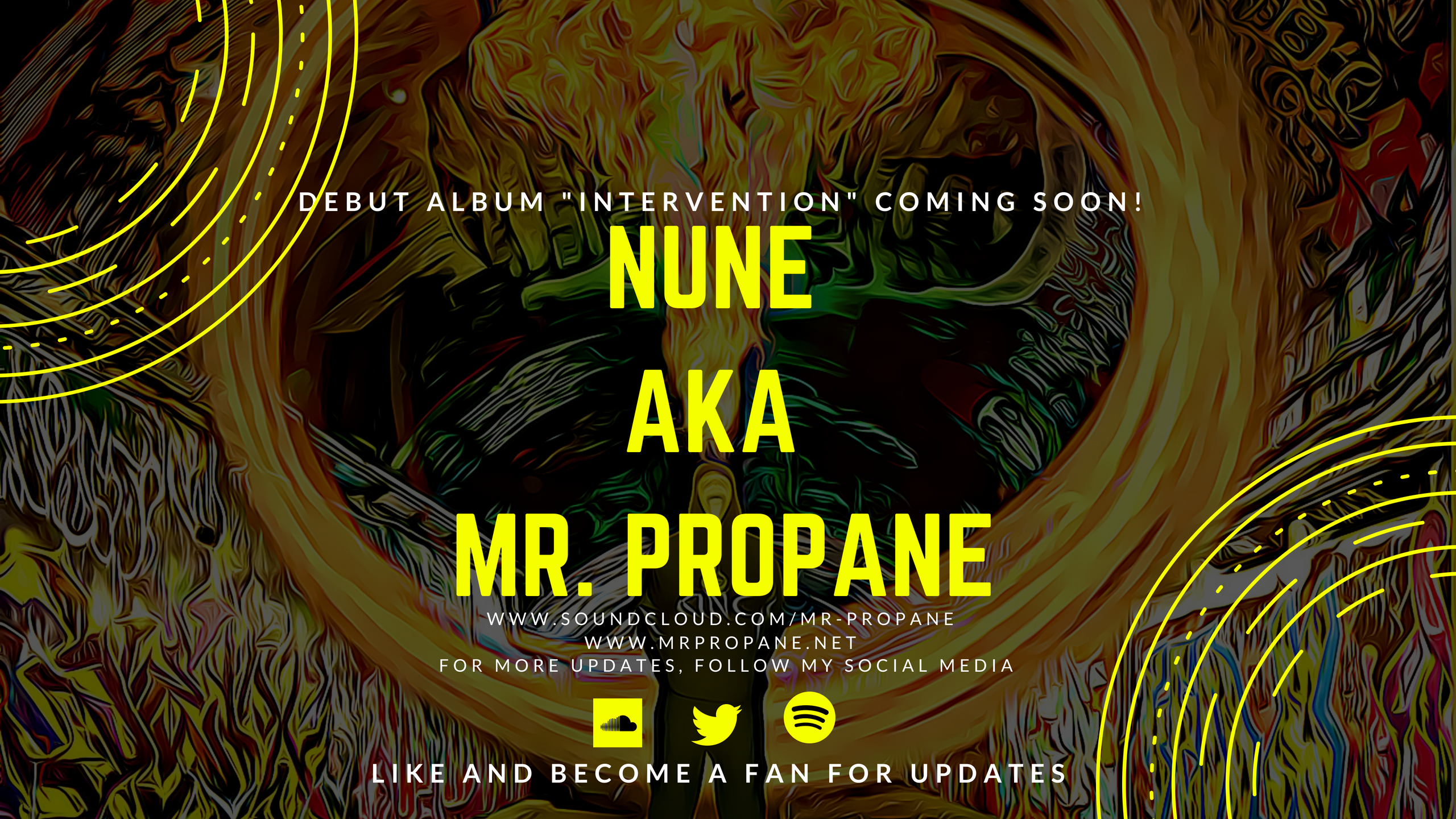Monetizing Your Music: Exploring Revenue Streams for Independent Artists
- Paul Kinnerson

- Feb 29, 2024
- 3 min read
For independent artists, turning their passion for music into a sustainable career involves more than just creating great songs – it also requires a strategic approach to monetization. In today's digital age, there are numerous avenues available for artists to generate income from their music beyond traditional record deals. In this blog post, we'll explore some of the most common revenue streams for independent artists and provide insights into how you can maximize your earnings in the music industry.
Streaming Royalties: With the rise of streaming platforms like Spotify, Apple Music, and Amazon Music, streaming royalties have become a significant source of income for independent artists. While the payout per stream may seem small, accumulating a large number of streams can result in substantial revenue over time. Focus on promoting your music on streaming platforms and encourage your fans to stream your songs regularly to boost your royalty earnings.
Digital Sales: In addition to streaming, selling digital downloads of your music through platforms like Bandcamp, iTunes, and Google Play can provide another revenue stream for independent artists. Consider offering exclusive content or bonus tracks to incentivize fans to purchase your music digitally, and explore direct-to-fan sales options that allow you to retain a larger portion of the revenue.
Physical Merchandise: Merchandise sales, including items like CDs, vinyl records, t-shirts, and posters, can be a lucrative revenue stream for independent artists, particularly when selling merchandise at live shows or through online stores. Create unique and visually appealing merchandise that reflects your brand identity and resonates with your fan base, and consider offering limited edition or autographed items to increase their value.
Live Performances: Performing live remains one of the most reliable ways for independent artists to earn money in the music industry. From local gigs at bars and clubs to larger venues and festivals, live performances offer opportunities to connect with fans, sell merchandise, and negotiate performance fees. Focus on building a strong live show that engages audiences and leaves a lasting impression, and be proactive in booking gigs and tours to maximize your earning potential.
Sync Licensing: Sync licensing involves licensing your music for use in film, television, commercials, video games, and other media productions. While landing sync placements can be competitive, it can also be highly lucrative, providing upfront licensing fees as well as royalties for the use of your music. Invest time in networking with music supervisors, licensing agencies, and production companies to increase your chances of securing sync opportunities.
Publishing Royalties: As a songwriter, you may be entitled to publishing royalties when your music is performed, recorded, or distributed. Register your songs with a performing rights organization (PRO) like ASCAP, BMI, or SESAC to ensure that you receive royalties for public performances of your music, including radio airplay, live performances, and streaming.
Crowdfunding and Patronage: Crowdfunding platforms like Kickstarter, Indiegogo, and Patreon offer alternative ways for independent artists to fund their music projects and generate income from their fans. Consider launching crowdfunding campaigns to finance the production of a new album, music video, or tour, and offer exclusive rewards and experiences to backers as a token of appreciation for their support.
In conclusion, monetizing your music as an independent artist requires a multi-faceted approach that leverages a variety of revenue streams. By diversifying your income sources, engaging with your fan base, and maximizing opportunities for earning potential, you can build a sustainable career in the music industry while staying true to your artistic vision. Keep exploring new ways to monetize your music, adapt to changes in the industry, and never underestimate the value of your creativity and talent.










Kommentare